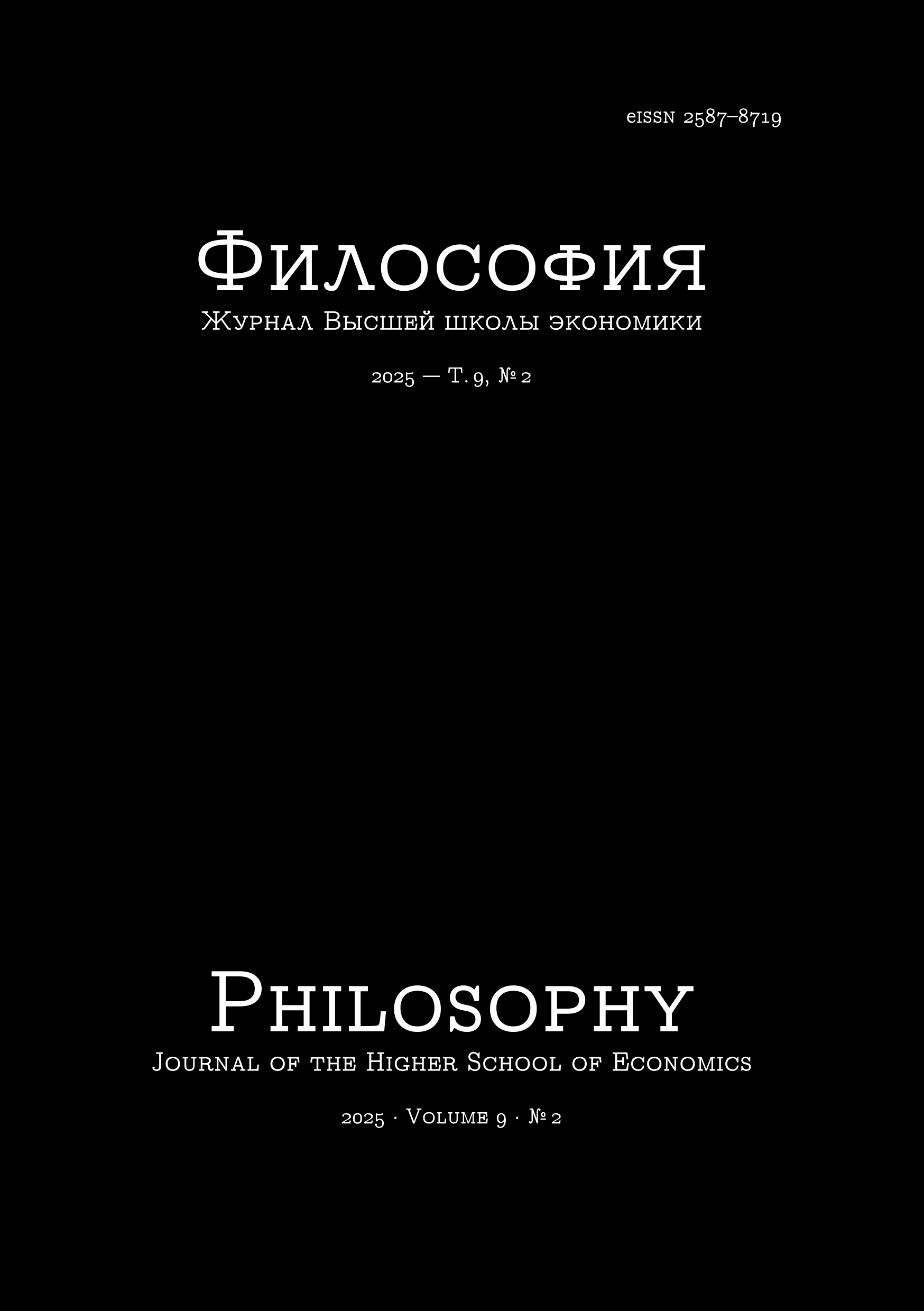Concept of “People” (“Narod”) Among the Slavophiles (1840–1880s)
Abstract
The article provides an attempt to analyze the Slavophile understanding of the “people” (“Narod”) — one of the key themes of the Slavophile teaching and one of the most important concepts of their political doctrine. We consider Slavophilism in the “narrow” sense of the word, as an ideological association of A.S. Khomyakov, I.V. Kireevsky, Yu.F. Samarin, K.S. Aksakov, I.S. Aksakov, A.I. Koshelev and others, formed in the early 1840s: we bring the analysis to the early 1880s, the end of the public activity of I.S. Aksakov and A.I. Koshelev. The article demonstrates the main Slavophile discourses on the people and nationality and the different ways in which the Slavophiles “imagined” the people in their development: the use by the Slavophiles of the political language of the Pogodin's interpretation of “official nationality”, romantic nationalism, the ethnographic and visual image of the people, the transformation and refraction of these languages depending on the audience and the purpose of the statement. Particular attention is paid to individual episodes of differentiation by the Slavophiles of the сoncepts of “narod/narodnost”, and the “nation”, and their appeal to the concept of “popular sovereignty”, primarily in the context of the divergence of two Slavophile projects of political representation, a divergence that arose from different understandings of the “people” and its political space.
Downloads
Copyright (c) 2025 Philosophy Journal of the Higher School of Economics

This work is licensed under a Creative Commons Attribution-NonCommercial 4.0 International License.






